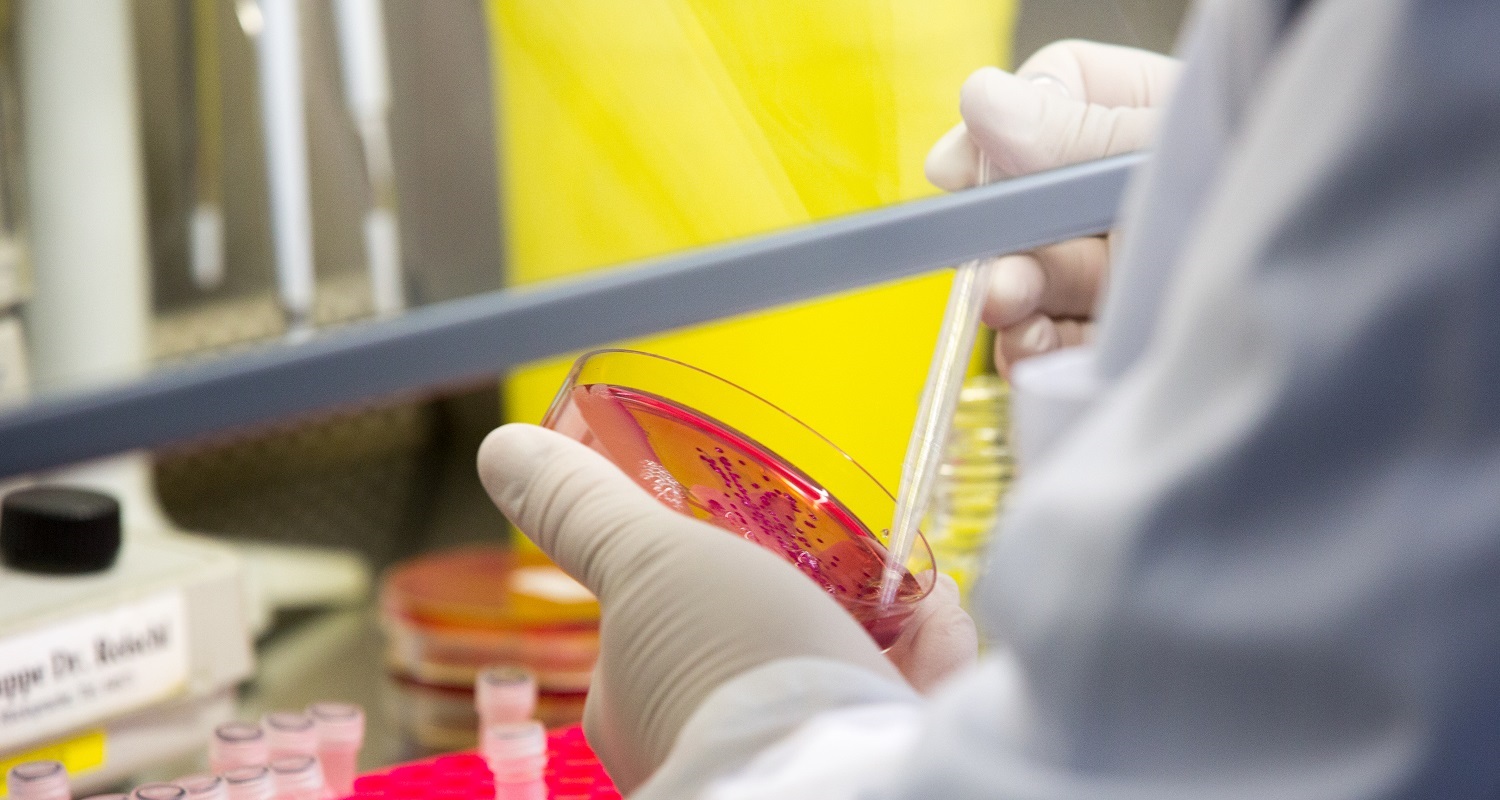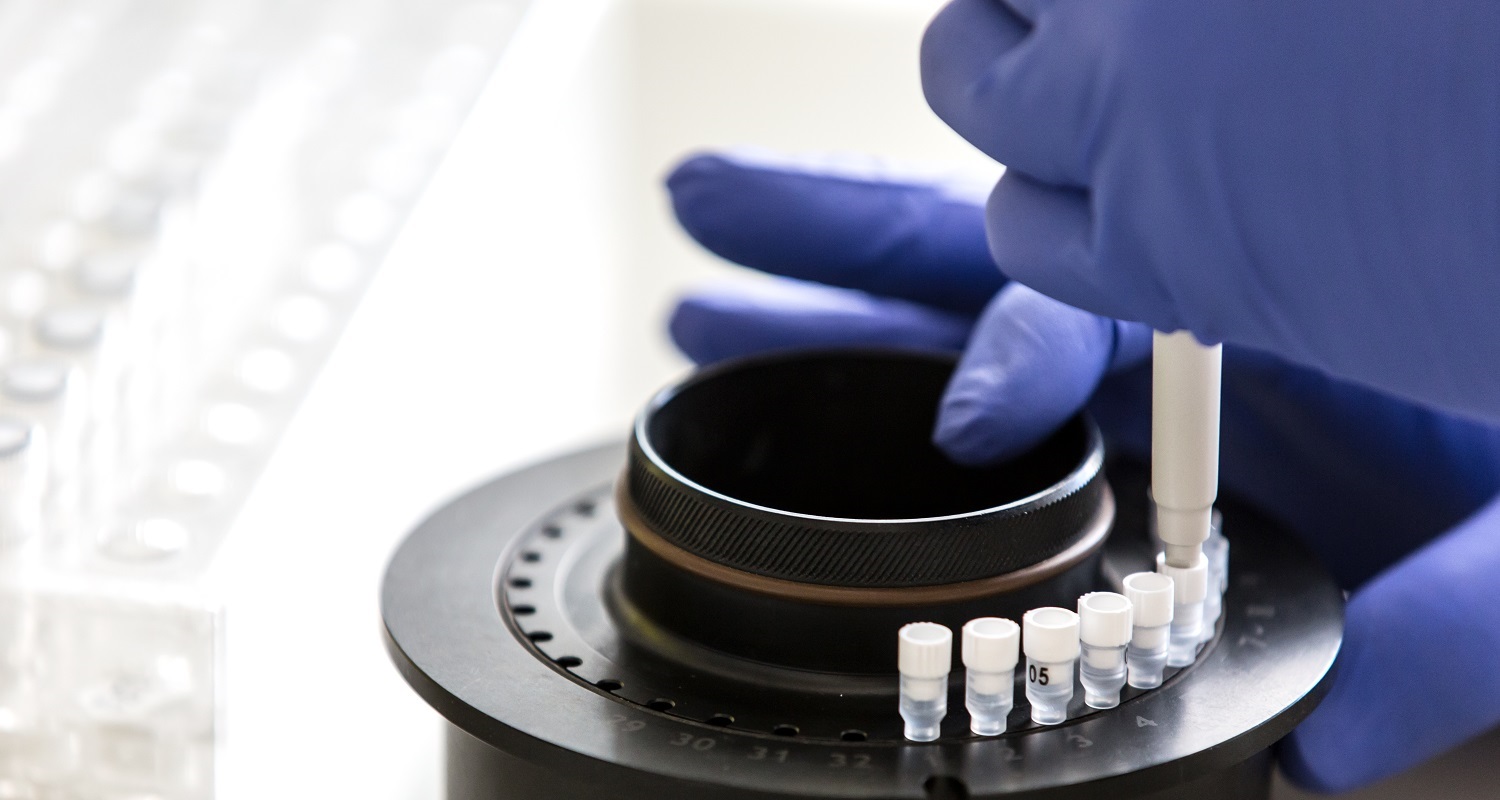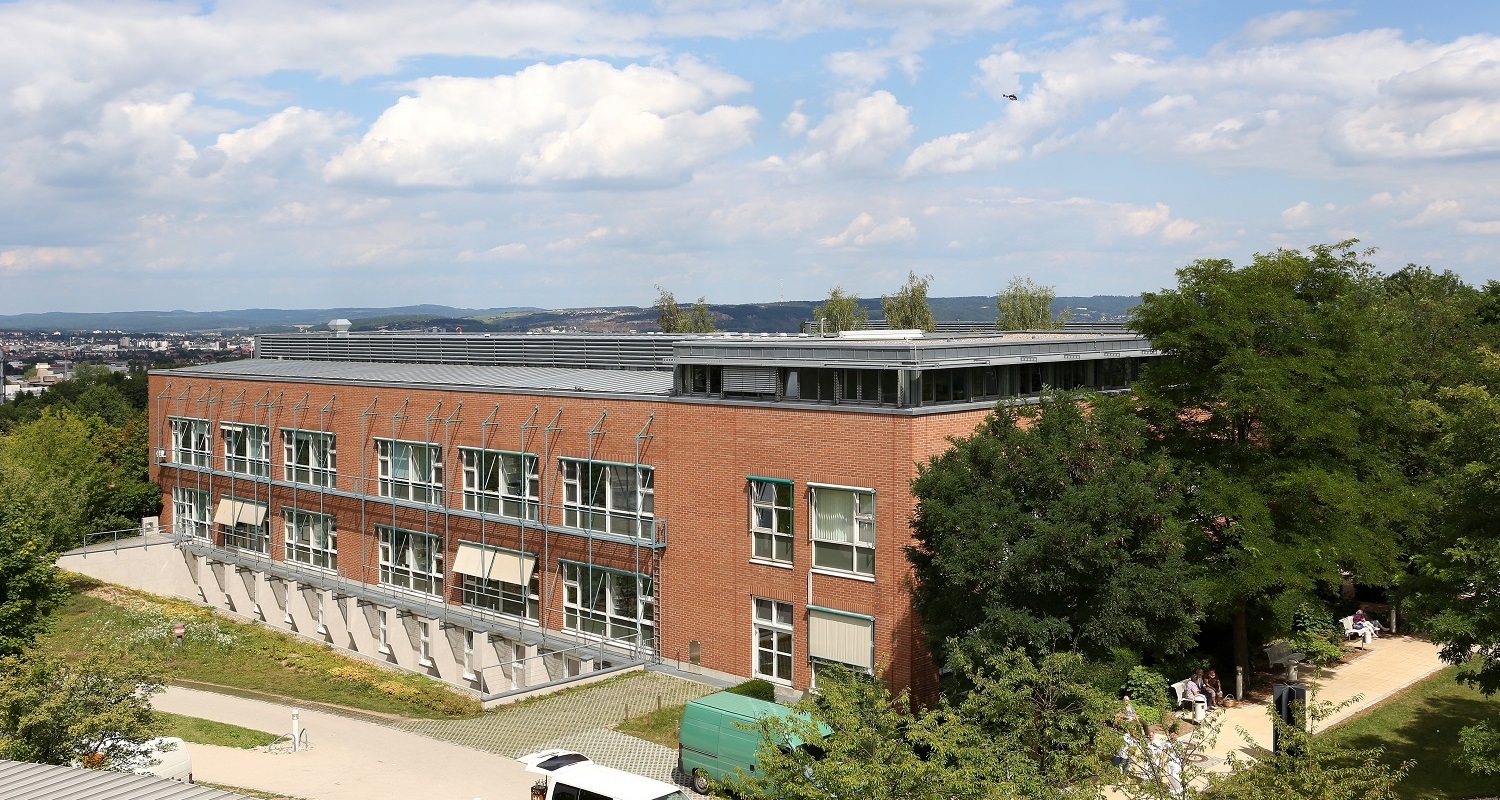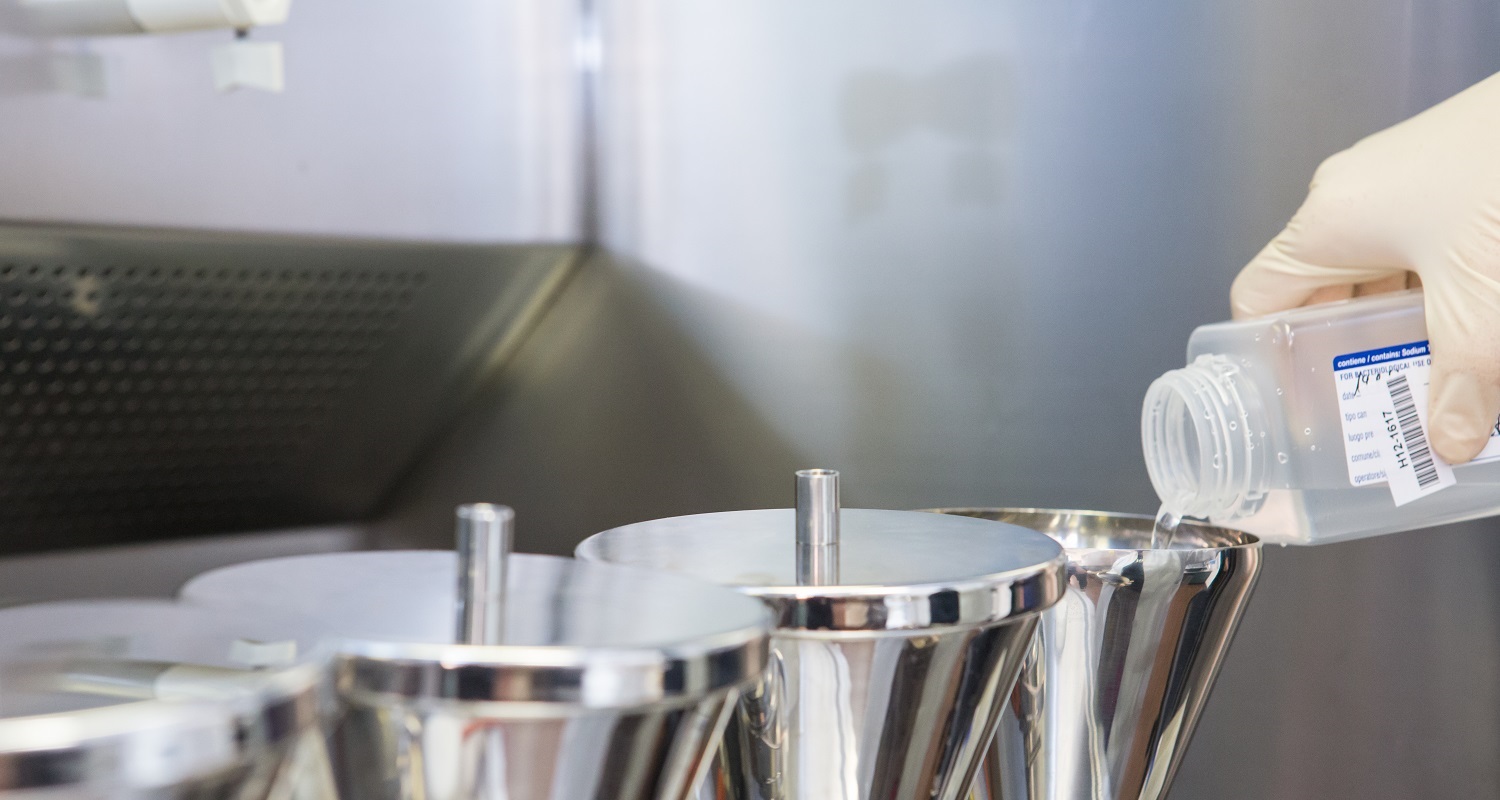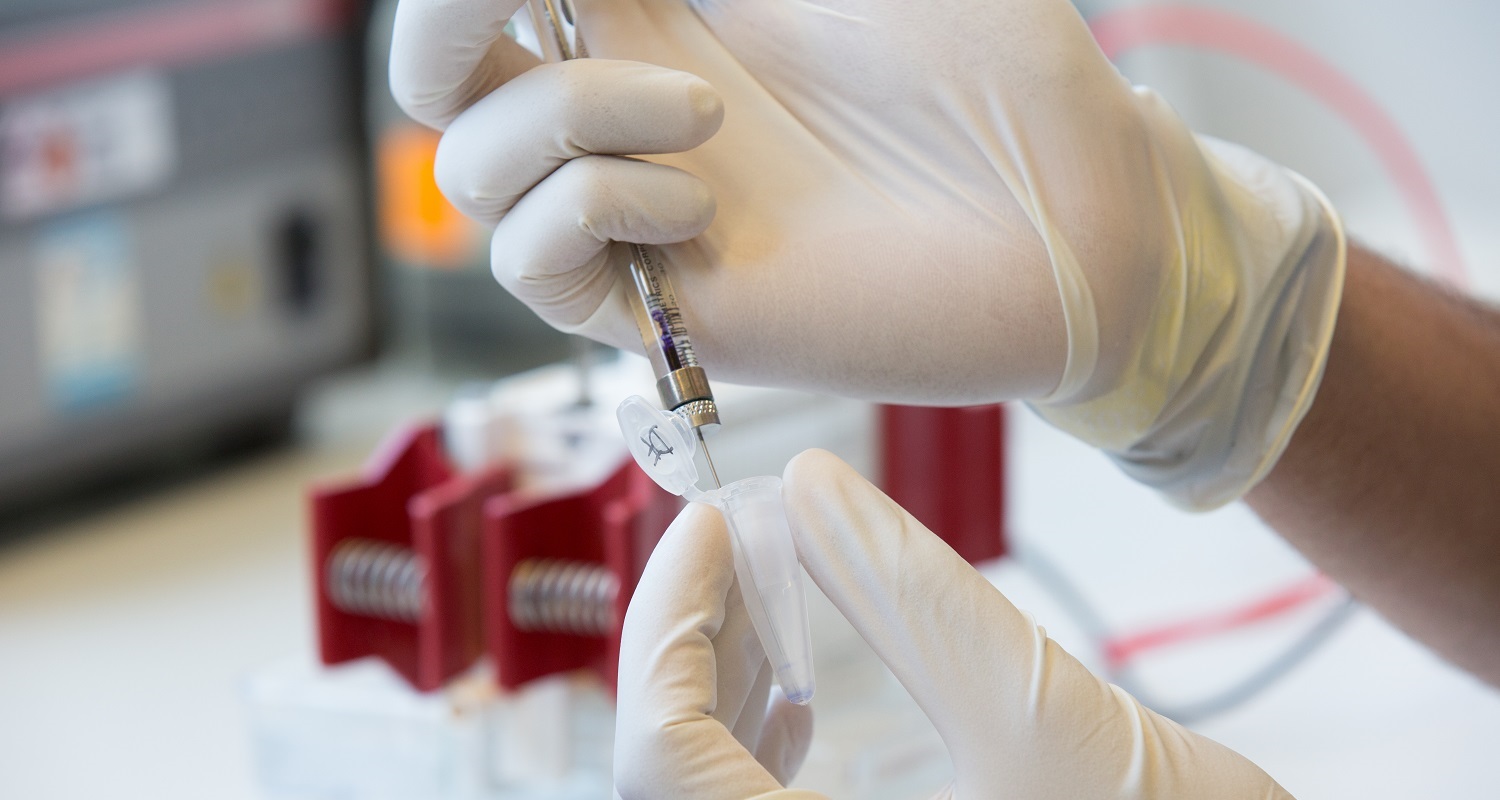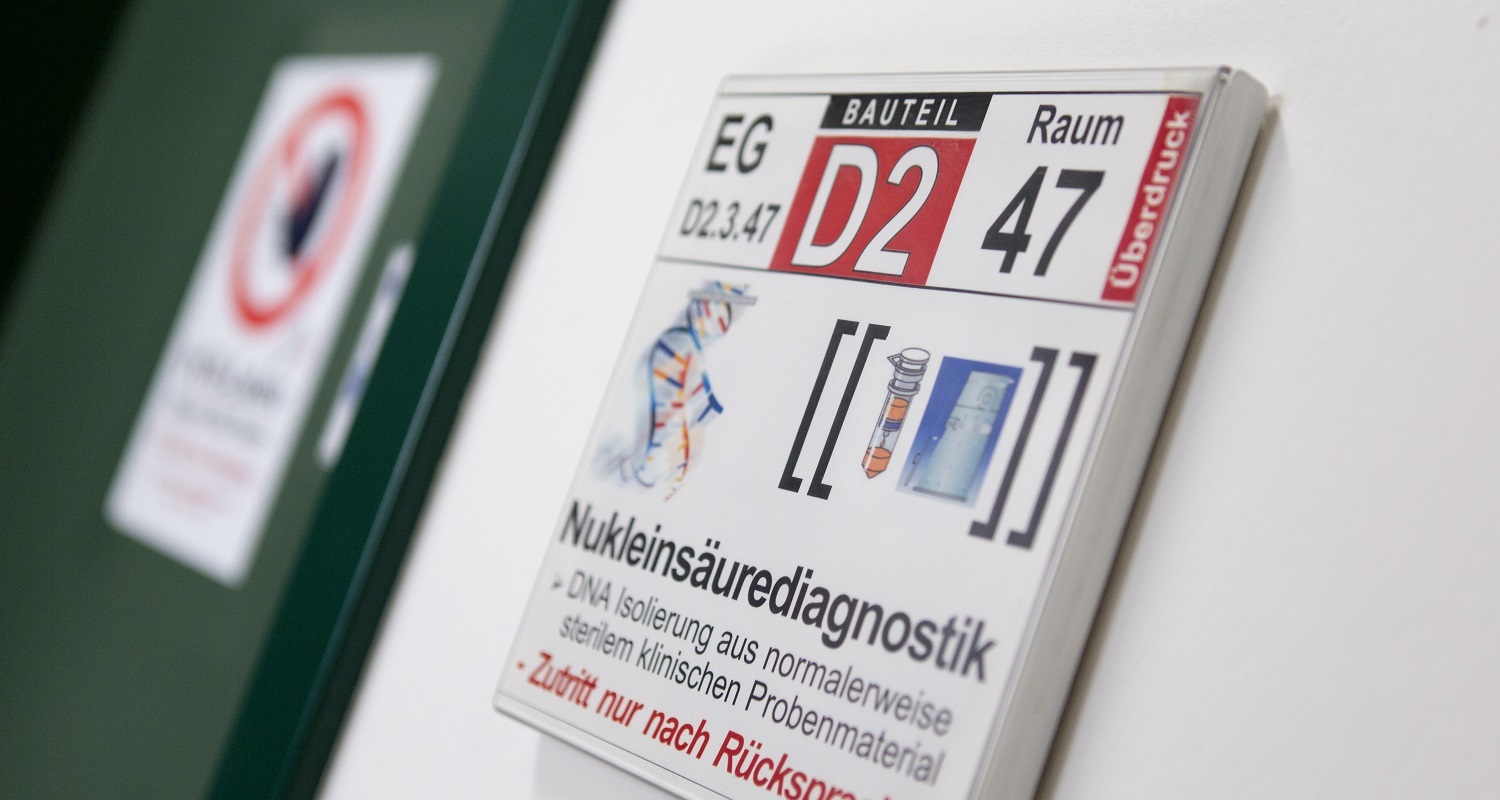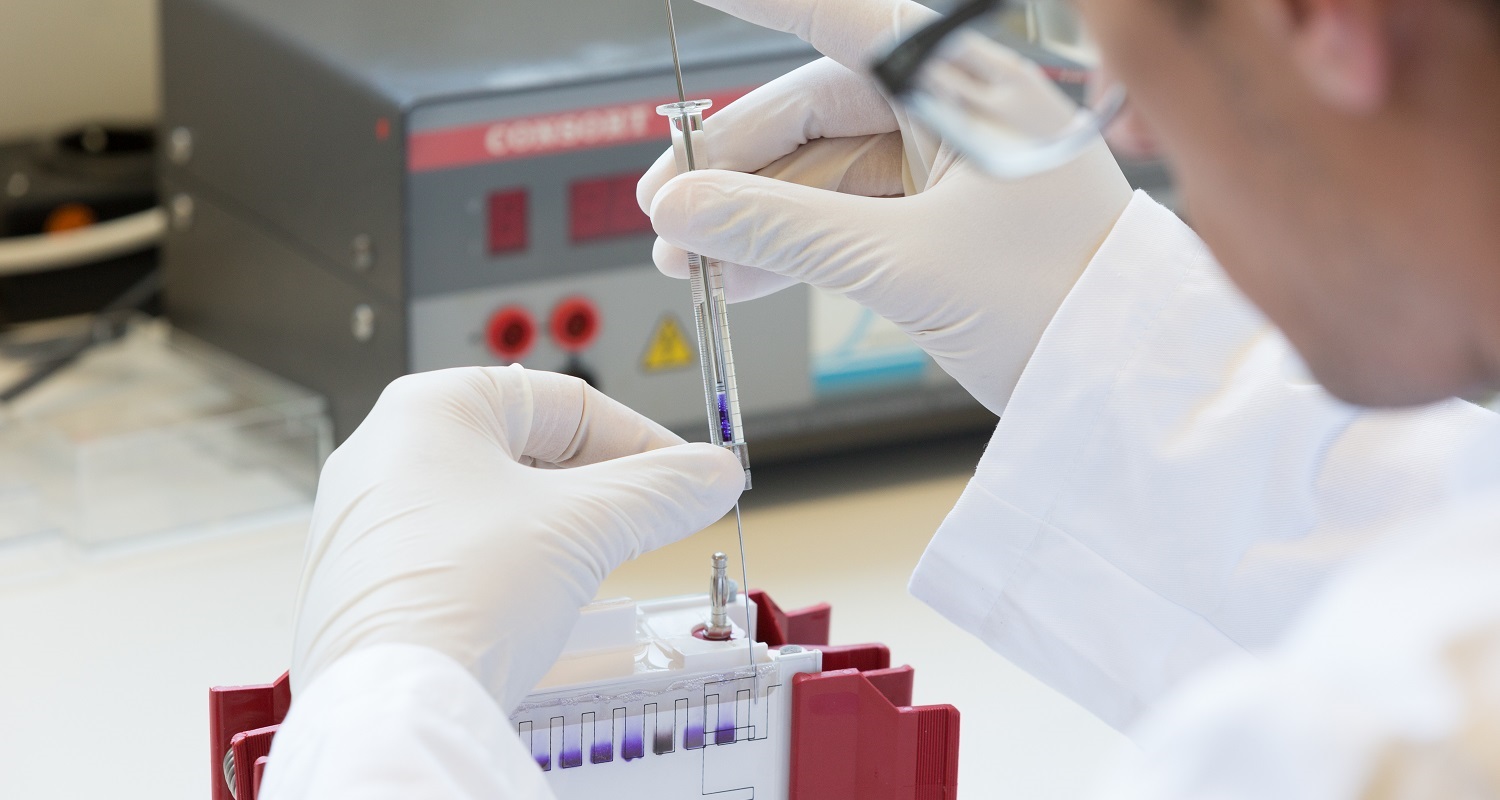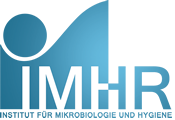As a result of a SARS-CoV-2 infection, most patients seroconvert within 7 days. Known factors influencing the seroconversion rate are viral load, disease severity and age of the patient. Various studies have found seroconversion rates of 80-95%. From the time of seroconversion, serologic tests are suitable for detecting acute or recent SARS-CoV-2 infection. In the context of the SARS-CoV-2 pandemic, seroepidemiologic studies using serologic assays in appropriate cohorts can determine seroprevalence. Based on seroprevalence, estimates of incidence rates, mortality rates, and rates of asymptomatic or mild infection are possible. Seroepidemiologic studies can also help track the spread of the virus, identify at-risk groups, verify the achievement of herd immunity, and determine the effectiveness of public health protective measures. In addition, they can facilitate the assessment of immunogenicity and duration of vaccine efficacy in healthy and immunocompromised individuals.
Our group has developed and successfully used a number of serological and cellular assays to monitor immunity parameters after infection or vaccination with SARS-CoV-2. Various studies have been carried out using these assays. In current projects we are investigating the long-term effects of COVID-19 (partner in the BMBF project COVIDYS).
